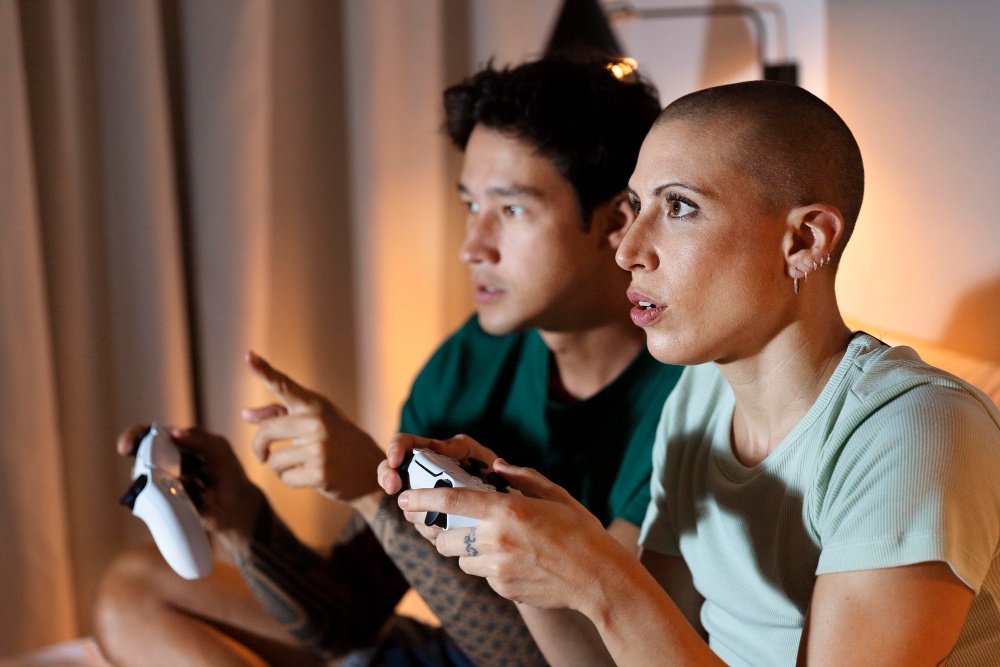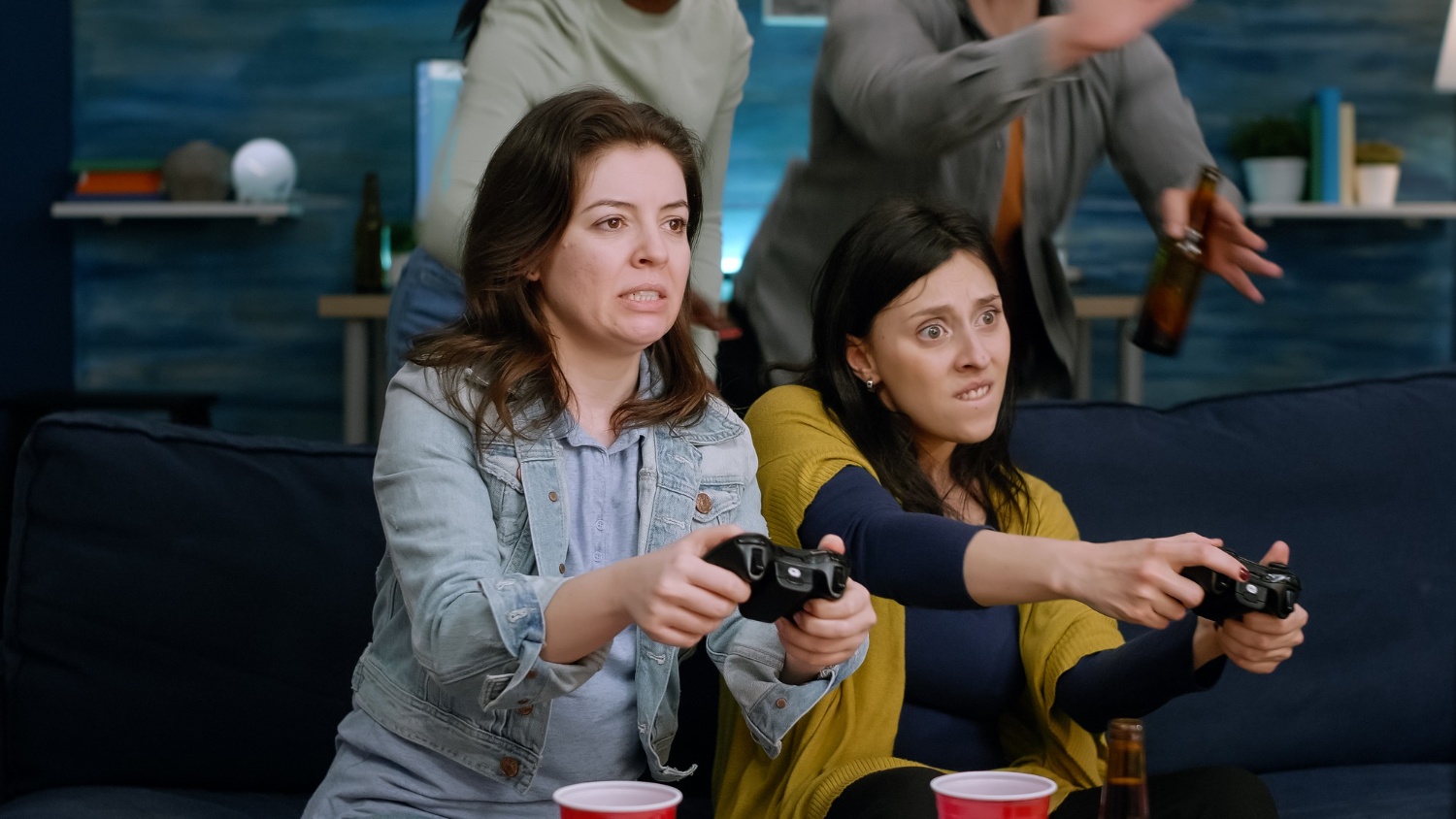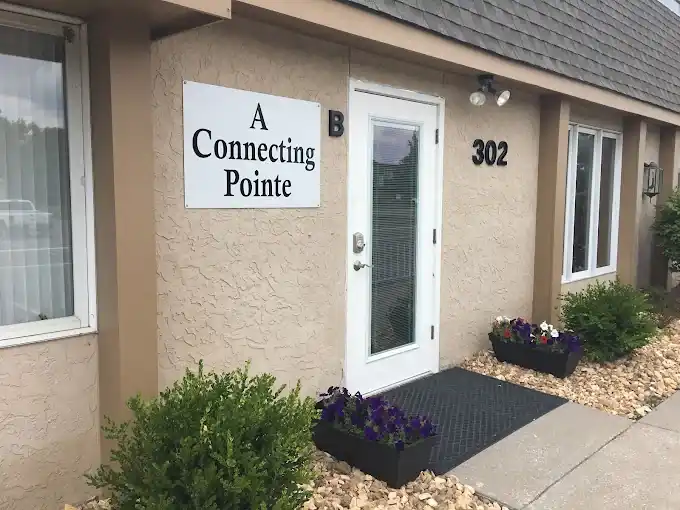Gaming Addiction Support for Families & Individuals
Gaming can feel like an escape, but you or your loved one deserve real balance and support. We’re here to help you find trusted care.
At TruPaths, we understand how gaming can start as fun or connection but slowly become something that takes over daily life. Whether you’re a parent concerned for your teen or an adult seeking support for yourself, our goal is to guide you toward ethical, effective care without blame or judgment.










